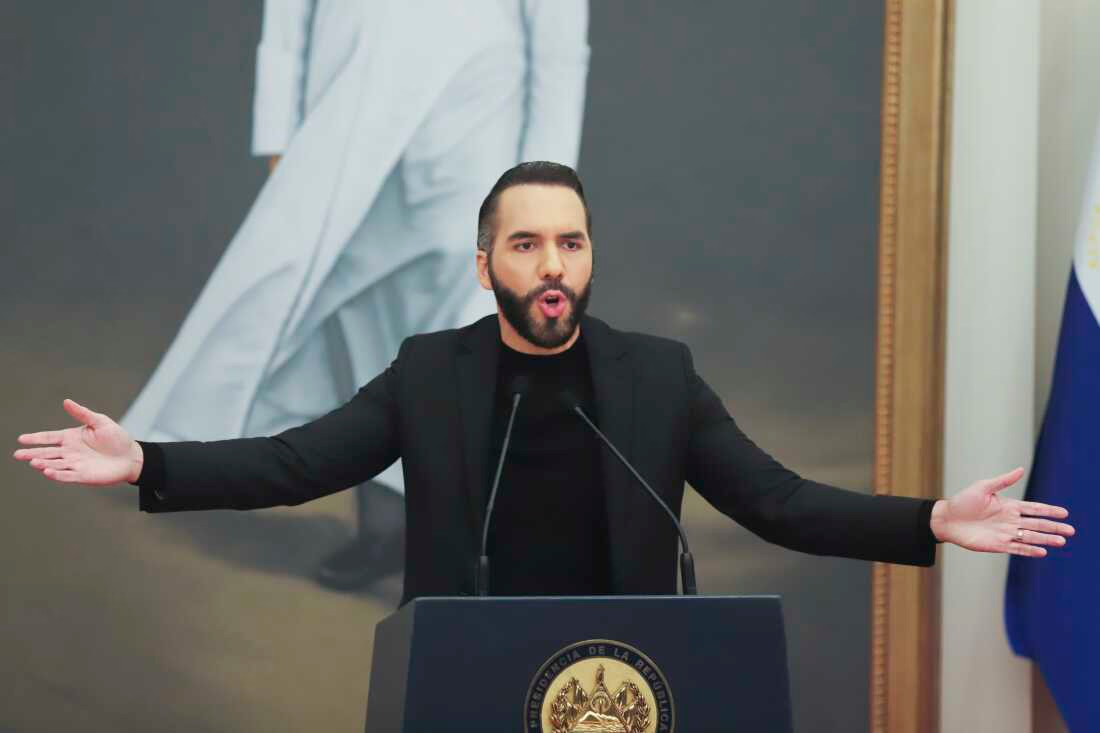
El Salvador bans 'inclusive language' in public schools
The government of President Nayib Bukele has prohibited the use of 'inclusive language' in public schools, citing a need to protect children from ideological influences and ensure proper language use.
4 oct 2025 - 03:17 • 2 min read
The government of El Salvador, led by President Nayib Bukele, has issued a directive prohibiting the use of "inclusive language" in all public schools and institutions affiliated with the Ministry of Education.
The measure, announced on Thursday, aims to guarantee the "proper use of our language" and protect children and adolescents from "ideological interferences that may harm their integral development," according to Education Minister Karla Trigueros.
The prohibition specifically targets terms such as "amigue," "compañere," "niñe," and "todos y todas," which are considered linguistic deviations linked to gender ideology. The order mandates the removal of such language from all teaching materials, content, and official communications from the ministry.
President Bukele announced the decision via his social media platform X, stating, "From today, the so-called 'inclusive language' is prohibited in all public educational centers in our country."
This directive follows previous actions by Bukele's administration concerning gender perspectives in education. In 2024, his government removed gender perspectives from public school curricula. Trigueros, who was appointed by Bukele in August, has also previously implemented strict conduct rules in schools, including specific dress codes and hair-cutting requirements.
According to official statements, the measure is intended to "consolidate clear, uniform, and respectful institutional communication" and prevent "ideological or globalist interferences."
The ban comes amidst a broader conservative discourse by Bukele, aligned with what is described as a "libertarian" wave in Latin America. Critics, including feminist organizations, have previously voiced concerns about similar actions by the Bukele administration.
El Salvador has been grappling with high rates of violence against women, with organizations like UN Women highlighting significant figures for violent deaths and sexual violence. The country has also seen a controversial security policy implemented by Bukele to combat gang violence, which has led to widespread arrests but also accusations of human rights abuses.
Recent months have seen the Ministry of Education implement several disciplinary measures in public schools, including strict uniform requirements, specific haircuts, and the mandatory observance of greetings and courtesy protocols. Teachers' unions have characterized these rules as a "militarization" of the school system.